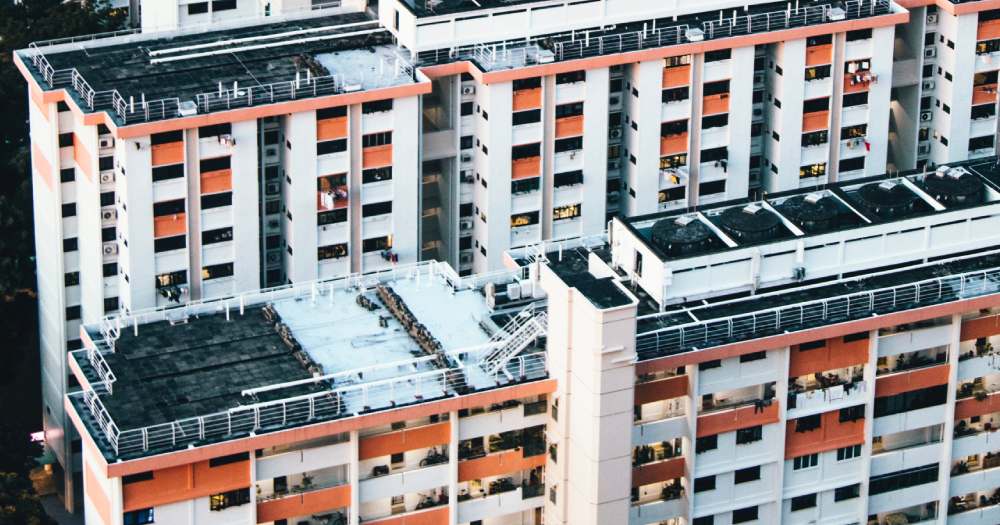Follow us on Telegram for the latest updates: https://t.me/mothershipsg
A new study has found that low-income households in Singapore were experienced greater financial devastation than any other groups during the Covid-19 pandemic.
Conducted by Beyond Social Services and published on Feb. 9, the study reported that among participants, median household income from work dropped by 69 per cent to S$500 post-Covid-19.
Before Covid-19, the median household income among the same group — applicants to Beyond Social Services’ COVID-19 Family Assistance Fund (FAF) — was S$1,600.
35 per cent of the applicants saw their household incomes drop to S$0 post-Covid-19.
According to the study, the majority of FAF applicants (about 80 per cent) lived in public rental housing and found rent as a percentage of their household income more than doubled.
This increased financial strain on the families, with more than half (54 per cent) already living with debts.
Similarly, a Feb. 8 Department of Statistics press release on Key Household Income Trends from 2020, found that the lowest earners had been the hardest hit, recording larger declines in income than any other group in Singapore.
The bottom 10 per cent found their real incomes had dropped by 6.1 per cent while other income groups say real declines between 1.4 and 3.2 per cent.
Strengthening protections for workers
Lead author of the study, Stephanie Chok said the financial impact of the pandemic had been "especially brutal for low-income families, who grappled not just with economic hardship but multiple forms of insecurity as everyday life was disrupted in unforeseen ways."
"Recovery efforts need to pay heed to the differential impacts of this pandemic, so that our new normal does not replicate or further exacerbate inequalities for vulnerable communities."
The study recommended strengthening employment rights and social protections for low-wage workers; "precarious work remains the empirical reality for many low-wage earners," the authors argued.
With regard to rent, Beyond Social Services recommended extending rental waivers for those living in public rental flats as well as substantially reducing rent.
They also called for more debt relief programmes, writing that household indebtedness was likely to worsen among FAF applicants in the coming year.
Collating recommendations
Other recommendations for how the government can support low-income families were collated by social initiative A Good Space and the Community for Advocacy and Political Education (CAPE).
In a post of Facebook, the initiative wrote they had collected the recommendations from parties such as women's advocacy group AWARE and non-profit organisations Engineering Good.
The recommendations included providing more assistance for members of low-income communities to defray the out-of-pocket costs associated with attending upskilling courses and setting up a community fund for each rental block to organise community activities.
Singaporeans were invited to vote and leave feedback on the recommendations, with the poll results to be discussed in a virtual event on Feb. 18.
In attendance will be Leader of the Opposition Pritam Singh and parliamentarians Louis Ng and Shahira Abdullah, with former NMP Anthea Ong moderating the conversation.
The poll on the recommendations can be found here.
Top image by John T. via UnsplashTotally unrelated but follow and listen to our podcast here
If you like what you read, follow us on Facebook, Instagram, Twitter and Telegram to get the latest updates.
